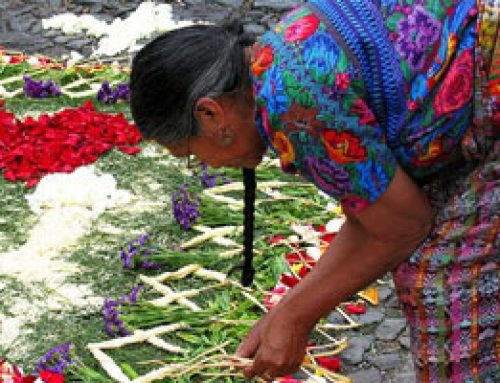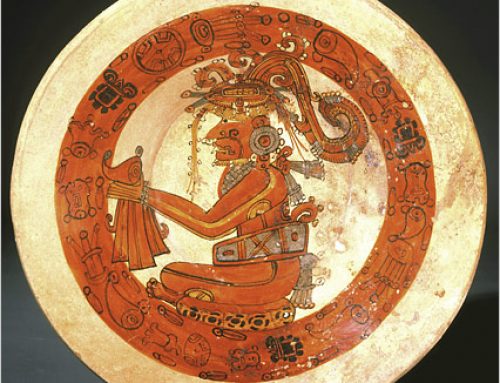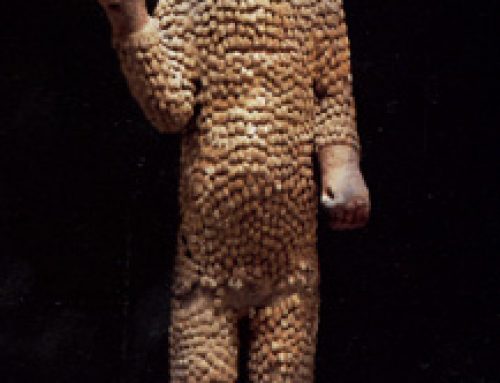
Torchlight parade (this one is actually in India)
Most Greek religious rituals were about sacrifice to the gods. But there was another form of religious activity also, which we call the mystery cults. People who wanted to participate in the mystery cults also kept on doing the usual sacrifices. You didn’t have to choose. It’s like some Christian people just go to church on Sunday, and other people go to church on Sunday and also go on special church retreats and prayer meetings. It was an extra religious activity for people who wanted a more intense, personal religious experience.

Isis and her baby Horus (Middle Kingdom, now in the Metropolitan Museum of Art, New York)
The different mystery cults had different details, but they all worked more or less the same way. You chose one particular god or goddess that you would pay special attention to. These were gods who died and were reborn. Then you did some kind of special ceremony for this god. People thought that if you did this, the god would pay special attention to you. Possibly you yourself would be reborn, in a way, so that if you had been having a lot of bad luck, now you would have good luck, a fresh start. And people also thought that you might have a better afterlife because of doing these things; you might be reborn after you died.
The most important Greek mystery cults were those of Demeter (the Eleusinian Mysteries), and Dionysos. By the 300s BC, many Greeks also followed the Egyptian mystery cult of Isis, and the West Asian cult of Magna Mater, and later in the Roman Empire a lot of Greeks followed the West Asian mystery cult of Mithra.
Dionysos
Isis
Demeter
Bibliography and further reading about Greek mystery cults:
D’aulaire’s Book of Greek Myths, by Edgar and Ingri D’Aulaire.
Greek Religion, by Walter Burkert (reprinted 1987). By a leading expert. He has sections on each of the Greek gods, and discusses their deeper meanings, and their function in Greek society.
Ancient Mystery Cults, by Walter Burkert (reprinted 1989). More about Dionysos and other mystery cults.





